
Our goal is to catalyze bio-based investments, accelerate progress, and promote scalable, sustainable solutions for a resilient future.
In 2020, over half of the global population lived in cities—a figure projected to rise to 68% by 2050. This rapid urbanization intensifies waste management challenges. In Ghana, increasing solid waste generation follows this trend, with 60% of the waste being organic matter that, when landfilled, contributes significantly to global warming.
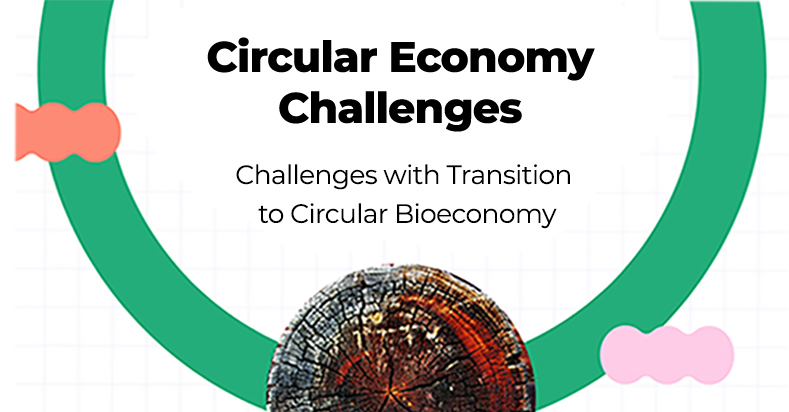

Given that organic waste ending up on landfills is non-negotiable, closing the resource loop through a circular bioeconomy practice is recommended but implementation faces significant hurdles.

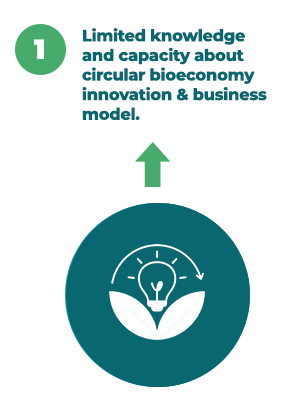
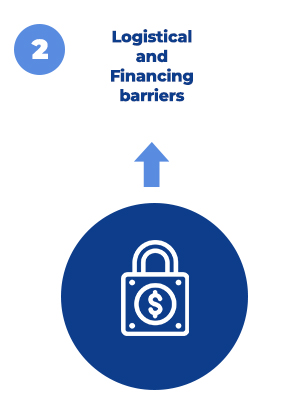
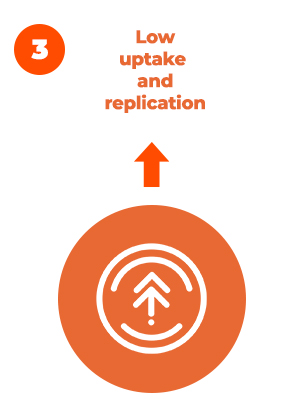
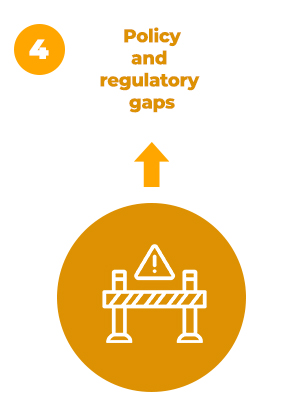
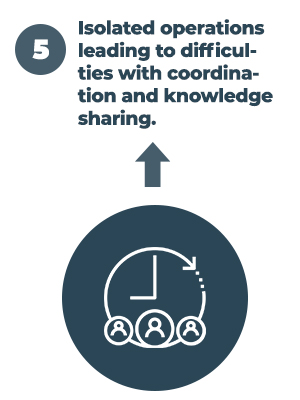
These challenges have led to calls for a multi-disciplinary business approach to resource recovery for reuse.
The Hub, Our Innovative Solution
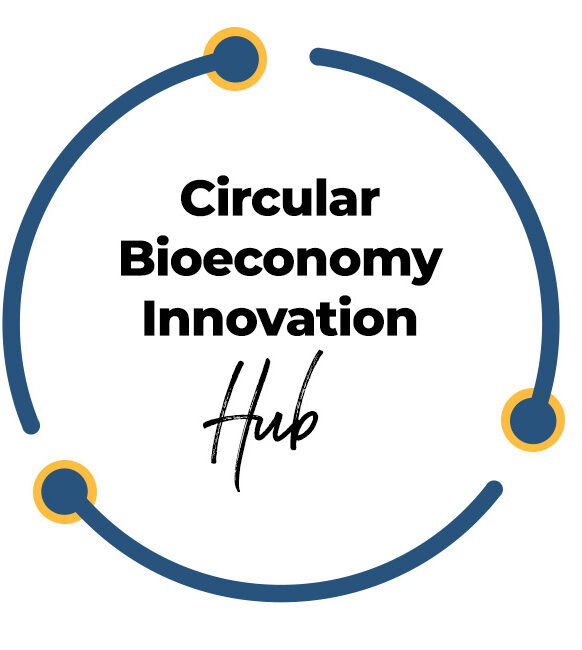

A one-stop-shop for training, research, advisory support, collaboration and knowledge sharing. The hub unites 17 stakeholders from the public and private sectors, research institutions, non-governmental organizations, and education to promote circular bioeconomy initiatives. Operating in the organic waste-to-resource value chain, a co-ownership model that ensures shared goals and resources for co-design and co-implementation is used for maximum collective impact. The hub aims to showcase, optimize, and promote existing circular bioeconomy innovations while fostering the development of new, accessible innovations. To promote innovation adoption, the hub also works with scaling partners.
Led and facilitated by
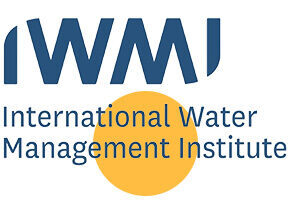
Supported by



Our Strategic Operational Areas
Informed by extensive research from CGIAR and IWMI spanning decades, as well as sector-specific challenges, four strategic operational areas have been defined to drive activity development for the hub.

Demand Driven Capacity Building
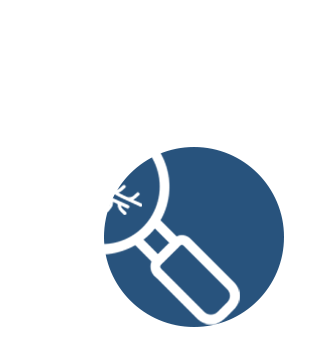
Research for Innovation & Scaling (Optimization & Tailored Innovation)
Advisory Support for Policy Development & Uptake
Knowledge Sharing, Collaborations & Partnerships

Empowering our community: Targeted Beneficiaries

Targeted beneficiaries extend beyond the public and private sector to include informal sector actors, Farmers, community base organizations, Micro-, Small-, and Medium-sized Enterprises (MSMEs) and schools, from pre-tertiary, Technical Vocational Education Training (TVET) to tertiary levels.
CBEIHub

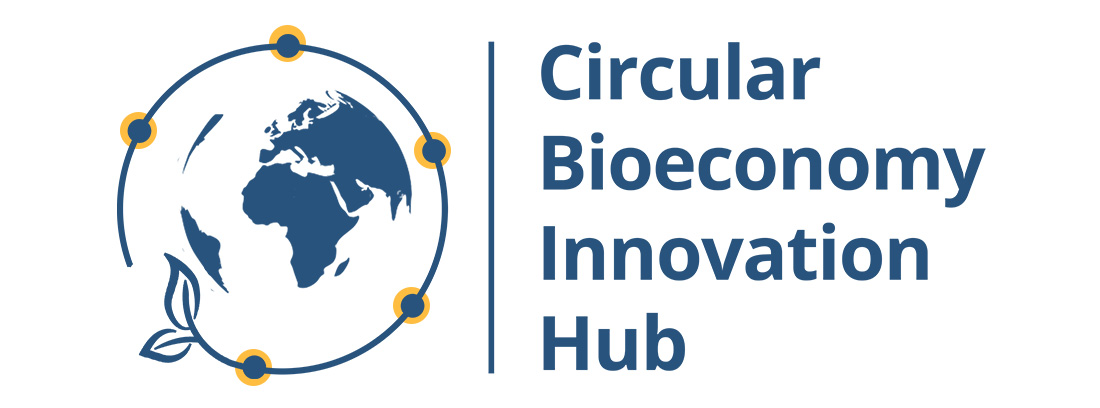
…United for accelerated and sustainable progress!!!



